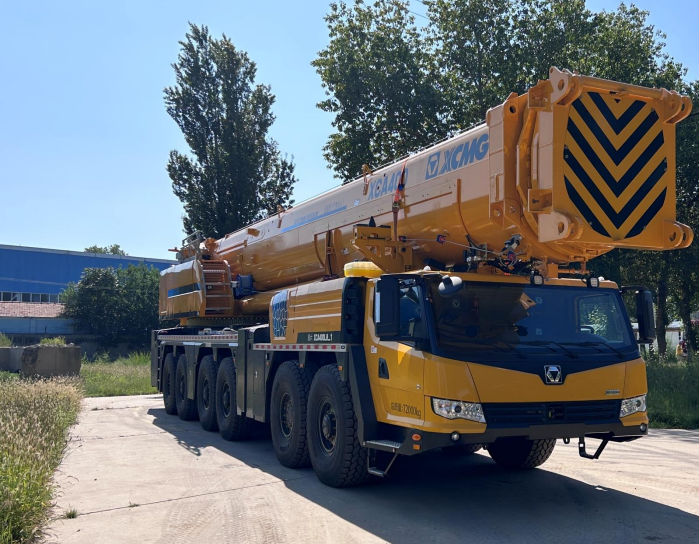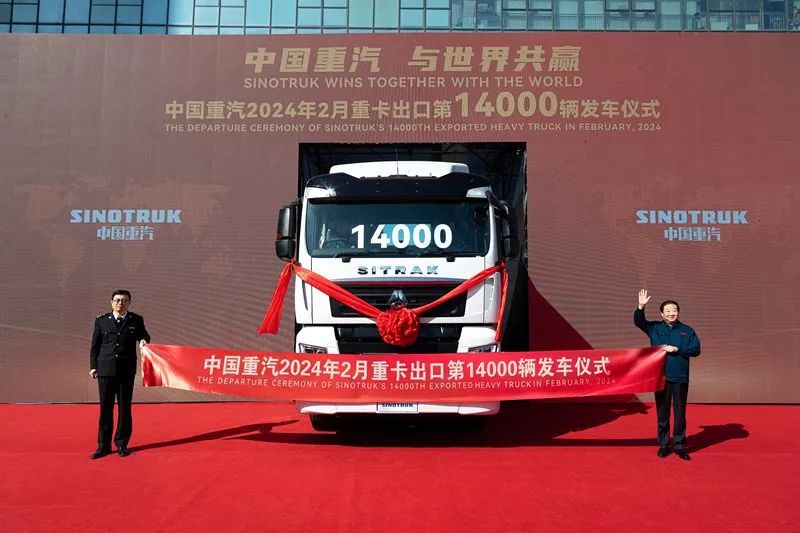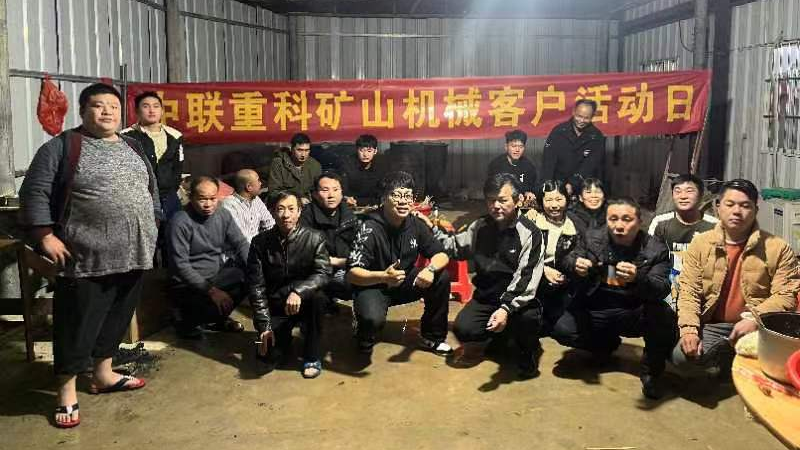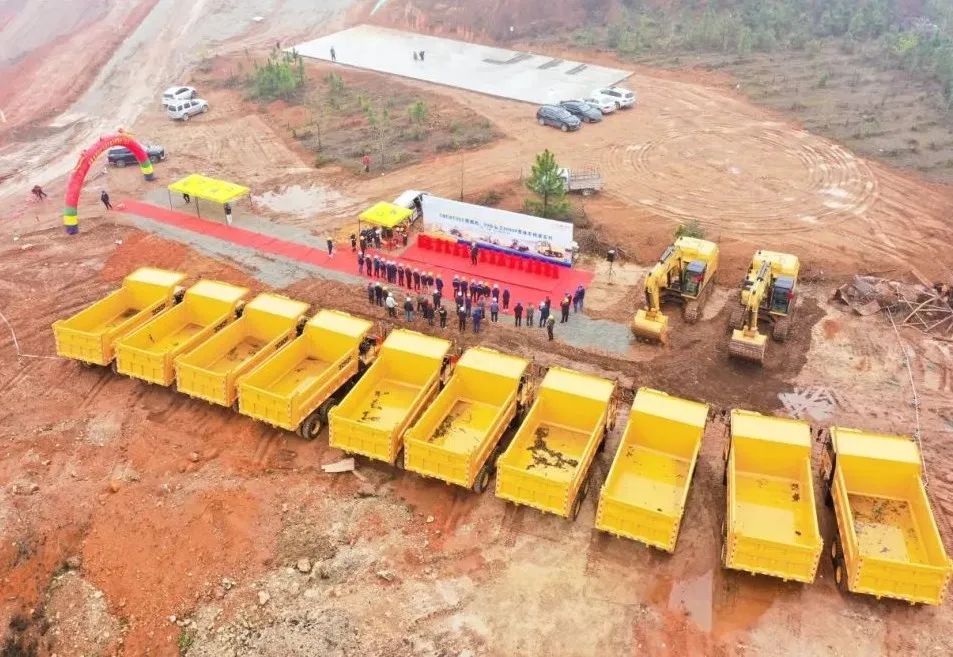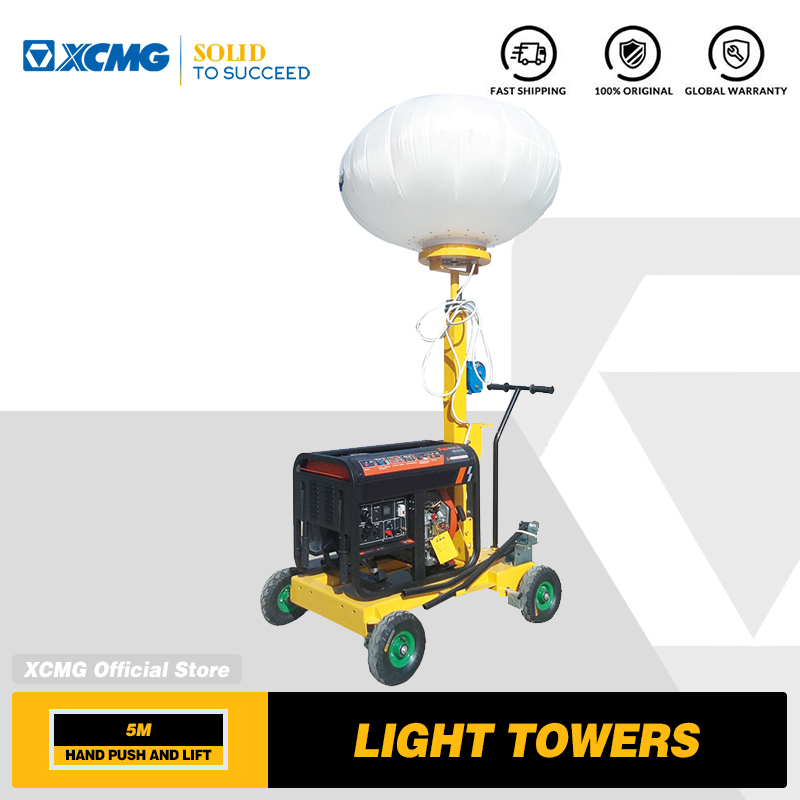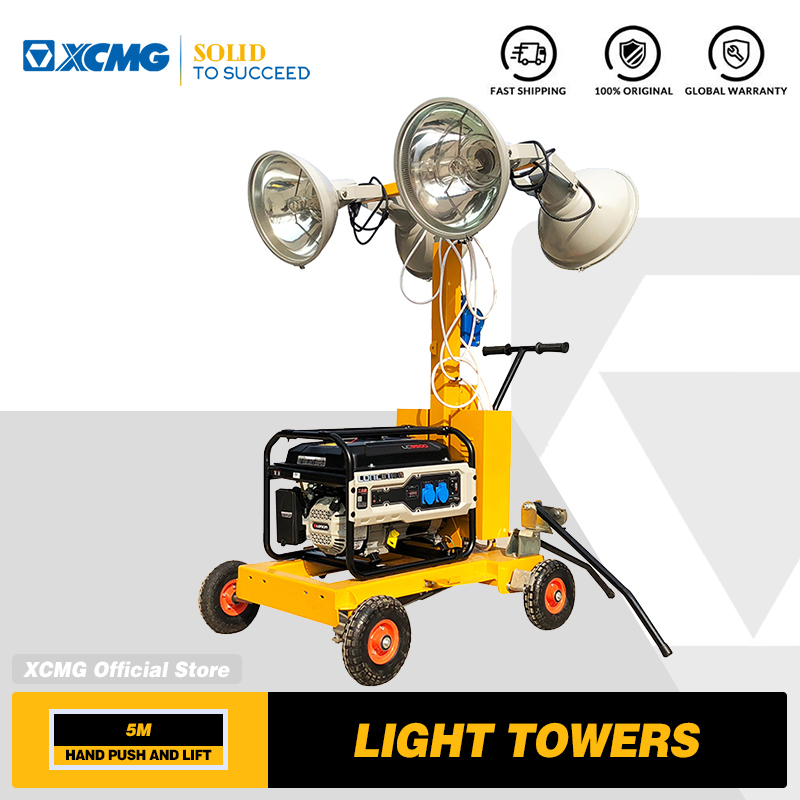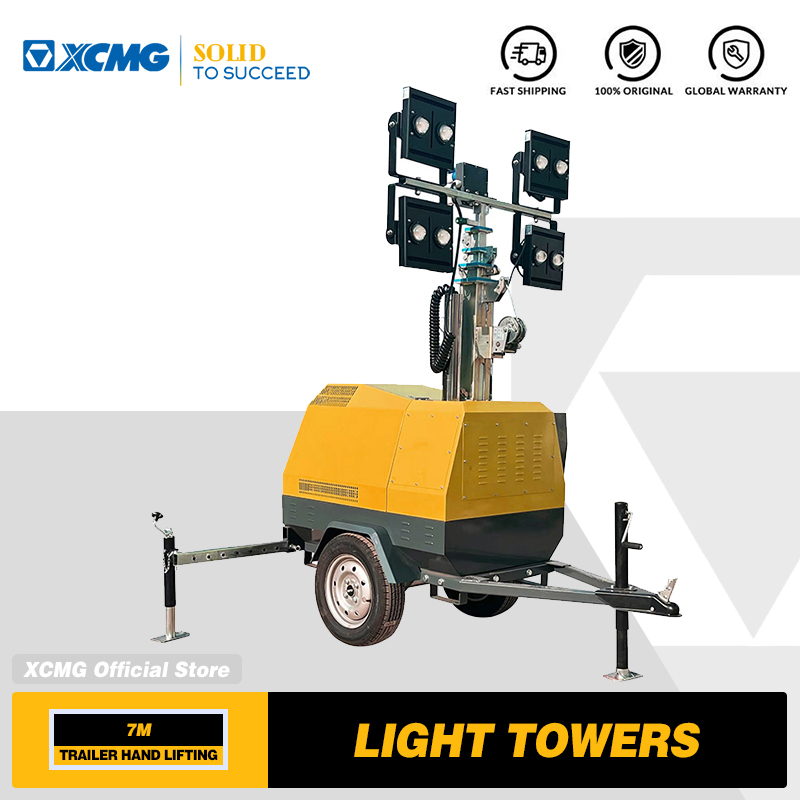Yesterday morning, the third session of the 15th National People's Congress of Beijing passed the regulations of Beijing on the prevention and control of pollution from motor Vehicles and non-road moving machinery (hereinafter referred to as the regulations), which will come into effect on May 1 this year.
Following the press conference, the standing committee of the municipal people's congress, the municipal bureau of ecological environment related officials introduced that the next three standing committees of the beijing-tianjin-hebei people's congress will jointly carry out the inspection of law enforcement, the issue is initially scheduled to be held in September on the standing committee for deliberation.
full chain closed-loop management of mobile source emissions
According to wang rongmei, director of the legislative affairs office of the standing committee of the municipal people's congress, the regulations have six chapters and fifty-one articles, including general provisions, prevention and control, use, inspection and maintenance, regional coordination, legal responsibility and supplementary provisions. From the main content, the detailed and supplementary control measures of pollution emissions; To strengthen the production, sales, use, maintenance, inspection, oil supply and other links of comprehensive management and all-round control; We will further increase the severity of penalties, take a comprehensive approach to credit punishment, enforcement, public interest litigation and other measures, and strengthen rigid constraints.
The national air law and the municipal air regulations have set up special chapters to regulate the pollution prevention and control of motor Vehicles and non-road moving machinery. This legislation adopts the form of formulating special laws and regulations to implement stricter management measures on the behavior of exceeding emission standards, and strengthen the control and management of the whole process of mobile source emissions. For the systems already stipulated in the air law and the air regulations and which are effective, there shall be no repeat; Detailed provisions of the atmospheric law and atmospheric regulations are not specific enough, not strong operational content, such as inspection and maintenance institutions management system, regional joint prevention and control; The addition of atmospheric law and regulations is not covered, but this city urgently needs the content, such as excessive maintenance and re-inspection, online monitoring of heavy diesel Vehicles, non-road mobile machinery registration and other management measures.
The regulations implement full chain closed-loop management of mobile source emissions. To strengthen prevention and control at the source, the regulations stipulate that the transportation structure should be adjusted and optimized, the promotion of new energy Vehicles should be increased, the supervision of heavy Vehicles should be strengthened by using innovative technologies, the installation and supervision requirements of remote on-board terminals should be clarified, and the basic information should be coded and registered for non-road mobile machinery.
In the use of the link to strengthen excessive emissions on the road control. It has set up a system for the repair and re-inspection of Vehicles exceeding the standard within a time limit, and has set a relatively severe penalty ranging from 3,000 yuan to 5,000 yuan for those who fail to carry out repair and re-inspection in accordance with relevant regulations and drive a motor Vehicle on the road; By investigating the responsibility of executives in key industries, and taking credit punishment, enforcement, public interest litigation and other measures, we will comprehensively strengthen the rigid constraint on emissions from mobile sources.
During the annual inspection, the emission inspection institution shall be subject to the management of cumulative score. If the cumulative score exceeds the prescribed score due to illegal or irregular ACTS in a natural year, the inspection business shall be suspended and rectification shall be ordered. If the inspection data and results are issued without authorization during the rectification, the inspection qualification will be cancelled.
the beijing-tianjin-hebei region will jointly carry out law enforcement inspections
Of motor Vehicles and the road mobile machinery mobile source emissions of pollution control, is the coordination of beijing-tianjin-hebei management an important content of atmospheric pollution, have discussed the regulations stipulated in regional joint prevention and control, in consultation with, joint law enforcement, establish information sharing platform, set up a new sampling mechanism and common practice of road mobile machinery used to register.
During the legislative process, the standing committees of the three local people's congresses established a three-level communication and coordination mechanism among the leadership of the standing committee, the legislative work body and the legislative project group, forming a daily work model of drafting, communicating and coordinating and jointly tackling key issues. From July 2018 to December 2019, the leaders of the standing committees of the people's congresses of the three places jointly held two collaborative forums on legislative work, and the legislative bodies held five joint meetings.
After more than a year of efforts, the three places submitted the regulations to their respective congresses for deliberation, and basically coordinated and agreed on the names of the regulations, legislative ideas, chapter Settings, legislative purposes, scope of application, basic concepts, regional coordination and implementation dates. At the same time, in order to respect the local economic and social development of the actual situation, the three places also maintain their own characteristics of the content. Hebei province's regulations have been introduced, and tianjin's regulations will be put to a vote. The three places have agreed that the implementation date of the ordinance is May 1 this year.
In order to ensure that regulations be born implement, beijing-tianjin-hebei NPC Standing Committee will jointly carry out law enforcement inspection, focusing on regional unified planning, unified standard, unified monitoring, prevention and control measures such as the establishment and perfection of the coordination mechanism, coordinated supervision and law enforcement on the excess emissions of motor Vehicle, the road uniform registration management of mobile machinery, etc. The issue was initially scheduled for consideration by the standing committee in September.
the largest source of pollution is motor Vehicle emission
Yu jianhua, deputy director of the city's bureau of ecology and environment, said that Beijing has been tackling air pollution for years, reducing the use of coal from 23 million tons a year to less than 3 million tons now, and sulfur dioxide has been meeting national standards for years. After the reduction of coal pollution, the proportion of motor Vehicle emission pollution is relatively prominent, although the total emissions decline, but the proportion has become the city's largest source of air pollution.
In this case, Beijing has been taking mobile source emission pollution as the key area of air pollution control for many years, and has formed a relatively mature governance ideas, and gradually established the ldquo; Vehicle-oil-road ” Systematic Vehicle pollution prevention model.
In terms of Vehicles, Beijing has implemented the national Vehicle emission standards ahead of schedule. Meanwhile, it has adopted traffic control and economic incentives to eliminate old vehicles with high emissions and continue to promote the use of new energy vehicles. As a result, the number of motor vehicles is increasing, but the emission is decreasing. In terms of oil, Beijing has implemented local oil standards ahead of schedule to improve the quality of oil products, and has also carried out oil and gas recovery and treatment for the city's petrol stations, oil storage warehouses and oil tankers to reduce the emission of volatile organic compounds. In terms of roads, the municipality shall increase the construction of public transportation, increase the proportion of green travel, coordinate the use of existing railway transportation resources, promote priority use of railway transportation of bulk goods by key industrial enterprises, logistics parks and industrial parks, and reduce motor vehicle pollution emissions.
Yu jianhua introduced, through these measures, the city in the motor vehicle ownership of the growing situation, the realization of motor vehicle pollution emissions reduction.
develop motor vehicle emission monitoring App build diesel vehicle online monitoring platform
Mr. Yu said Beijing has more than six million motor vehicles and that some science and technology were needed to regulate them. Beijing has developed the country's first law enforcement App for vehicle emissions regulation. The App can automatically collect and analyze law enforcement data, which greatly improves law enforcement efficiency. At the same time, the App can include unqualified emission vehicles. The blacklist & throughout; Database, monitoring vehicle emission standards. The city has also set up a demonstration platform for the online monitoring of heavy diesel vehicle emissions. The platform monitors the pollution control device status, emission data, urea addition, vehicle track and other data of networked heavy vehicles in real time, so as to timely find vehicles with excessive emissions and require the owners to repair and control them as soon as possible.
Through big data analysis, this city traces back to the production and sales enterprises of this model based on the vehicles with high exceeding rate found by road inspection and online monitoring, and carries out law enforcement inspection on the consistency of new cars or the compliance of vehicles in use. Implements & other; From new car production and sales, current car use to old car obsolescence. A closed-loop management system for monitoring and controlling air pollution emissions from moving sources.
Yu jianhua said the regulations also set up a special chapter to specify specific measures for regional coordination. For example, joint prevention and control shall be carried out in accordance with the requirements of unified planning, unified standards, unified monitoring and unified prevention and control measures. We will establish a cooperative mechanism for sampling and checking new cars to monitor and inspect the emission of air pollutants from newly produced and sold motor vehicles and non-road moving machinery. We will jointly implement the registration and management system for the use of non-road mobile machinery and strengthen supervision over the use of non-road mobile machinery.
